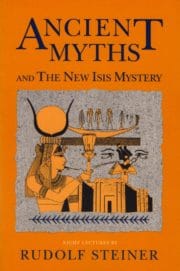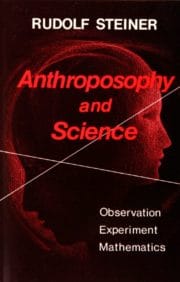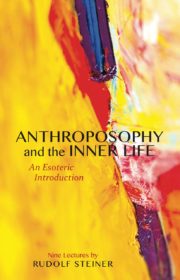Education as a Social Problem
Six Lectures, Dornach, August 9-17, 1919 (CW 296)
The six lectures in this volume were given one month before the opening of the first Waldorf School in Stuttgart in September 1919, in the context of Germany’s post-war social ferment. Steiner points to negative tendencies present in modern social life as inner drowsiness, mechanization, and animalization. Attempts to find a social solution must include not only economics and legal rights, but also the third element of the free cultural life, which has become maya (illusion) for the civilized West. Education is “the most urgent problem of the present time,” Steiner announces. He goes on to explain how only a proper nurturing of imitation, reverence , and love in the three periods of child development can prepare adults who are ripe to live the corresponding three virtues of a healthy social structure: cultural freedom, legal equality, and economic brother hood. This picture is then connected to Steiner’s threefold ideas of the human soul, economics, and higher knowledge. He urges us to overcome at their roots one-sided intellectual cleverness, lack of inner direction, schematic thinking, and centralized socialism through an inwardly mobile pedagogical thinking able to respond to the inner riddle of each child.
About the Author
Rudolf Steiner (1861–1925) was born in the small village of Kraljevec, Austro-Hungarian Empire (now in Croatia), where he grew up. As a young man, he lived in Weimar and Berlin, where he became a well-published scientific, literary, and philosophical scholar, known especially for his work with Goethe’s scientific writings. At the beginning of the twentieth century, he began to develop his early philosophical principles into an approach to systematic research into psychological and spiritual phenomena. Formally beginning his spiritual teaching career under the auspices of the Theosophical Society, Steiner came to use the term Anthroposophy (and spiritual science) for his philosophy, spiritual research, and findings. The influence of Steiner’s multifaceted genius has led to innovative and holistic approaches in medicine, various therapies, philosophy, religious renewal, Waldorf education, education for special needs, threefold economics, biodynamic agriculture, Goethean science, architecture, and the arts of drama, speech, and eurythmy. In 1924, Rudolf Steiner founded the General Anthroposophical Society, which today has branches throughout the world. He died in Dornach, Switzerland.












Reviews
There are no reviews yet